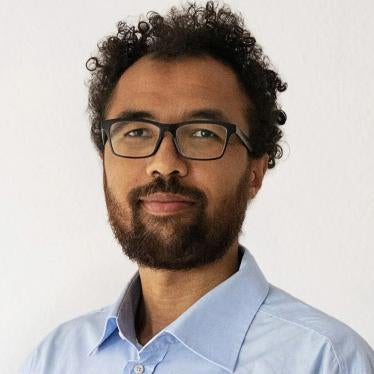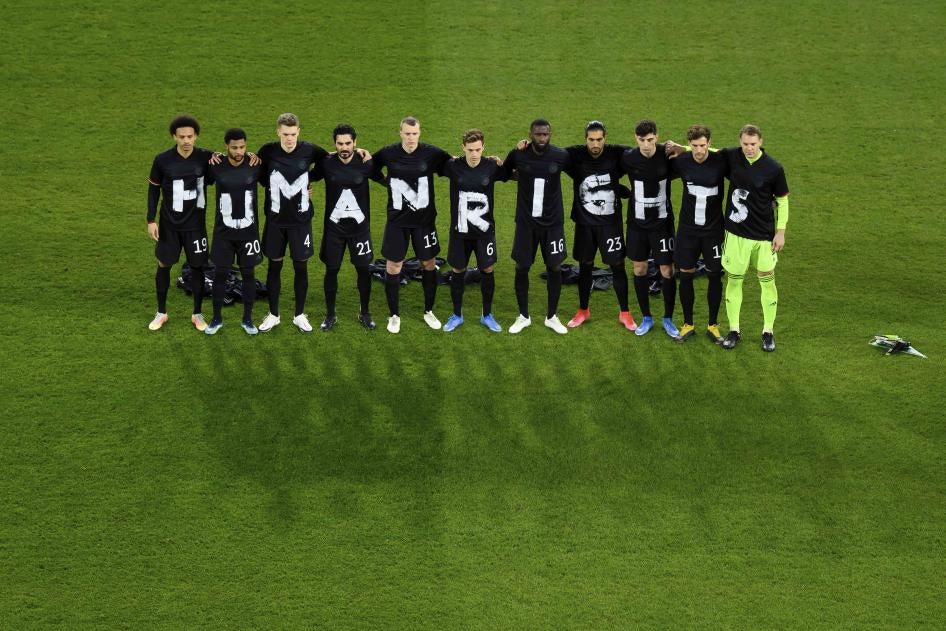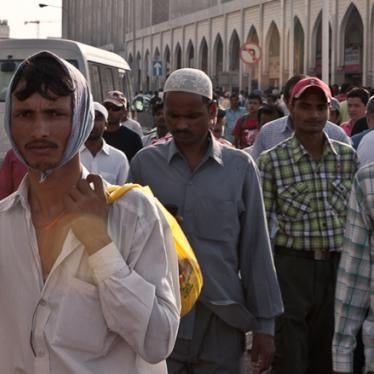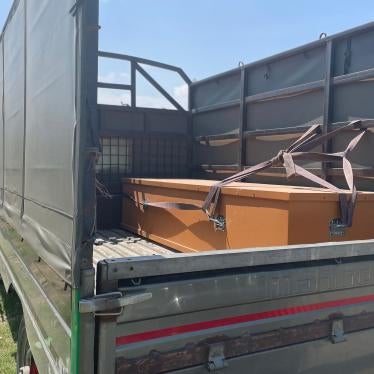Speaking out against abuses in Qatar is possible, but consequences may vary depending on who you are. Philipp Lahm, captain of Germany’s 2014 world champion football team, received public praise when he announced he would not attend FIFA’s World Cup 2022 tournament in Qatar and criticized the country’s human rights record. But when Malcolm Bidali, a Kenyan migrant worker in Qatar, publicly raised accusations of abuse, he was forcibly disappeared and put in solitary confinement.
When the World Cup begins in November, Germany’s players and fans will be part of a tournament built on a mountain of abuse. Stadiums and infrastructure were constructed by workers who faced unexplained deaths, injuries, and wage theft. Qatari women saw the stage set for one of the world’s largest sporting events while authorities continue to subject them to male guardians making decisions for them. In the stands, LGBT fans cheering on their teams are forced to hide their sexual orientation and gender identities due to fear of persecution.
The German football association DFB and its players have become increasingly outspoken and influential against abuses in Qatar.
In 2021, the DFB published its human rights policy and a position paper on Qatar calling for commitment to human rights from host countries of major tournaments and the world football association FIFA. The players came to a game in jerseys spelling out “HUMAN RIGHTS.” Most importantly, the DFB president pledged to push FIFA to compensate migrant workers whose rights were violated.
A hundred days before the World Cup begins Human Rights Watch and others are calling on FIFA and Qatar to provide remedy for serious abuses. FIFA claims it is “currently looking into compensation mechanisms” for migrant workers who suffered workplace injury or death.
With enough pressure from the DFB – FIFA’s largest national member association – and other football associations, remedy is possible. Both Qatar and the workers’ home countries have access to documentation like health reports and death certificates. They know who died building stadiums and roads and whose family members are suffering to make ends meet without their breadwinners.
Qatari authorities have a record of suppressing those who speak up on human rights abuses, like Malcolm Bidali. If the DFB and other football associations are serious about human rights, they should use their platform to amplify these voices and keep pushing for remedies until FIFA and Qatar finally pay up.









